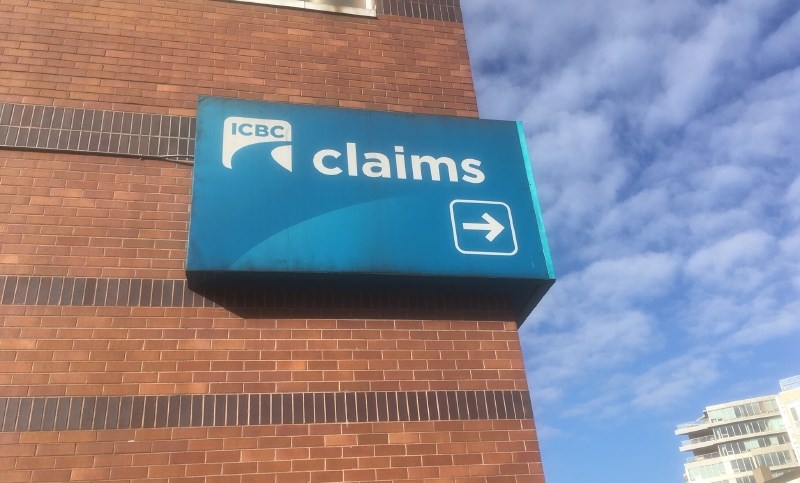The Insurance Corp. of B.C. wanted to sell its website domain address to a state-owned Chinese bank that is facing allegations of international money-laundering.
ICBC was negotiating the sale of ICBC.com to the Industrial and Commercial Bank of China before the 2017 B.C. election, Attorney General David Eby told Postmedia News on Wednesday.
Those negotiations allowed ICBC to point to potential savings of $10 million arising from the deal, in internal financial documents on the eve of the 2017 election, said Eby.
However, the previous minister in charge of ICBC, Liberal Todd Stone, said he rejected the domain sale when it was presented to him by senior ICBC officials as part of a series of money-saving proposals.
The Chinese bank wanted to take over the ICBC abbreviation for its own internet presence, which is currently ICBC.com.cn. The Industrial and Commercial Bank of China is one of the largest financial institutions in the world, and is owned by the Chinese government.
Senior bank officials in Spain were arrested in 2016 after allegations that they helped clean dirty money from crime syndicates entering Europe, according to reports from The Associated Press and Reuters.
Spanish prosecutors alleged the state-run Chinese bank helped launder tens of millions of dollars in illegal funds and tax fraud from criminal organizations, according to a 2017 Reuters report.
The United States Federal Reserve cited the bank for “significant deficiencies” in safeguards against money laundering in 2018, and the bank later paid $5.3 million USto settle the matter with U.S. regulators, according to Reuters.
B.C. is conducting a public inquiry into the effects of money-laundering on the provincial economy, including casinos, the real estate sector and luxury automobiles.
The potential $10-million sale showed up on a list of savings on ICBC’s financial projections before the 2017 election, even though the transaction was never completed, Eby said.
“For ICBC’s projected fiscal [plan] going into the election, it was booked as being sold,” said Eby. “But it has never been sold.”
Eby said such creative accounting was a habit of the previous Liberal government, as it tried to use a series of last-minute manoeuvres inside ICBC to make it appear in better financial shape than it was.
“It’s kind of reflective, I think, of the desperation of trying to find things to sell to conceal the deficit at ICBC before the election,” said Eby.
Stone denied that, saying the web domain sale, as well as the potential sale of ICBC’s North Vancouver headquarters building, were pitched by senior ICBC officials but ultimately vetoed by him as minister.
“Was it an option presented to us by ICBC? Absolutely. We opted not to do it,” said Stone.
“It was suggested by ICBC on a long list of potential strategies. … But that’s where it started and ended. There was never a deal on that. Cabinet never authorized a deal on that. There was no revenue booked on that. This is all fiction.”
Stone accused Eby of trying to distract from a court ruling last week in which Eby’s attempts to limit the number of medical expert reports in ICBC court cases was ruled unconstitutional.
ICBC was hemorrhaging money internally in 2017, but voters were unaware during the election campaign. ICBC has lost almost $2.5 billion during the past two years.



